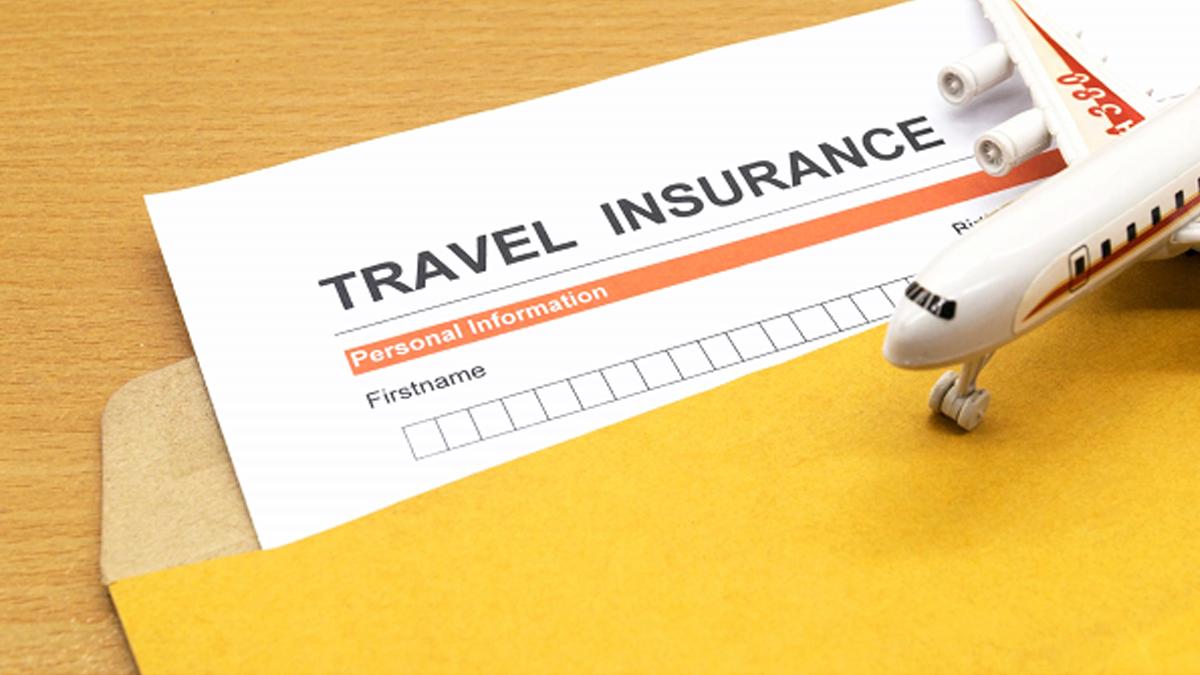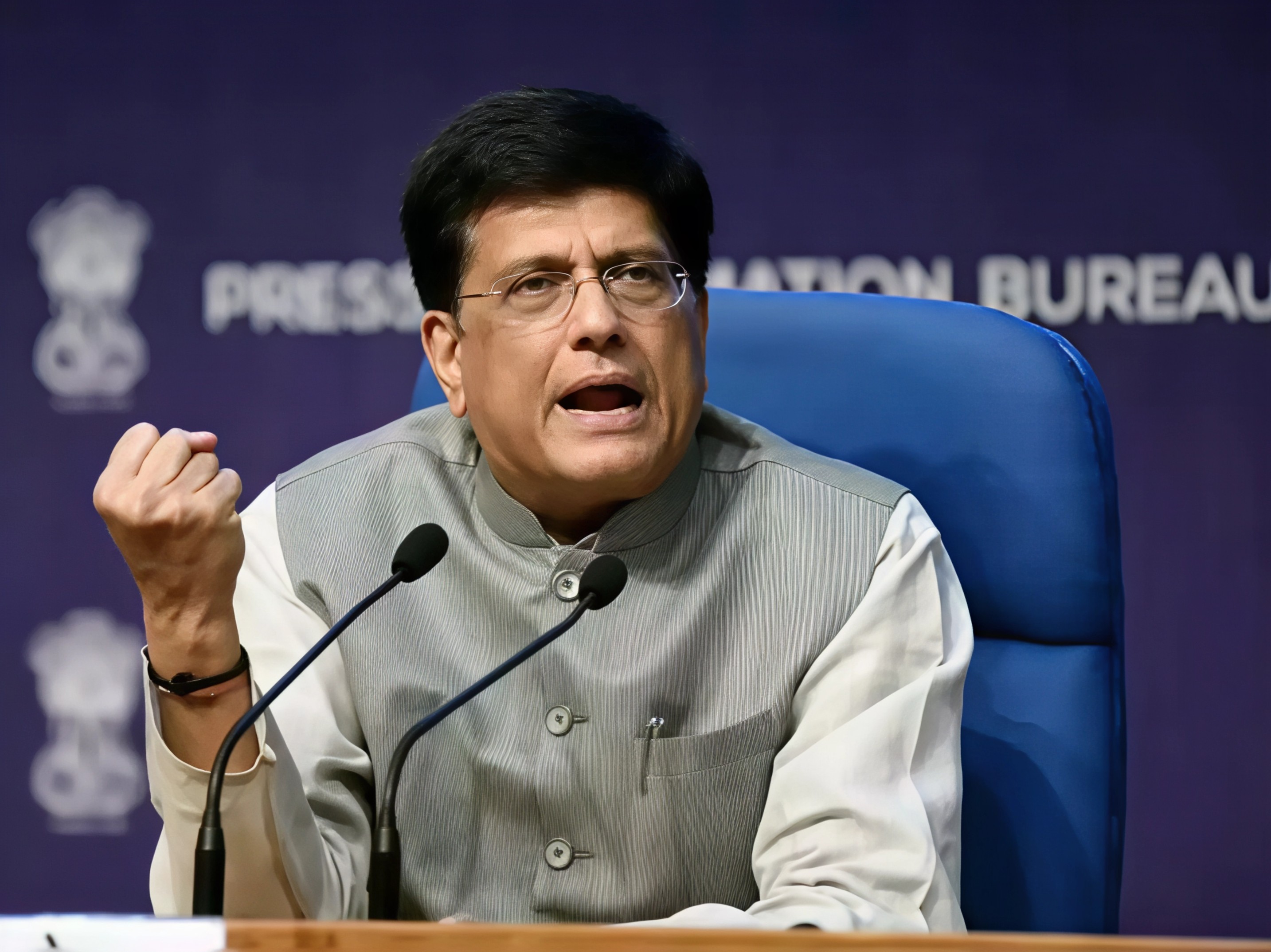Travel is exciting, but it also comes with a few risks. A sudden illness, an unexpected injury, or even a missed flight due to a medical emergency can turn a dream vacation into a financial burden. That is where travel health insurance comes in. It is not just an extra add-on or a travel agent’s upsell—it is a smart step that ensures you are protected when you are far from home.

Travel health insurance is a policy that provides financial protection against health-related issues while you are on a trip. This includes emergency hospital visits, doctor consultations, ambulance costs, and sometimes even evacuation. Whether you are travelling within the country or internationally, having that safety net in place can be a game-changer, especially when you are navigating unfamiliar healthcare systems.
One of the most important things to know is that not all travel health policies are the same. Some only cover emergencies, while others also offer benefits like trip cancellations, lost luggage, or dental emergencies. However, many basic policies exclude pre-existing medical conditions or adventure activities unless you specifically request those to be covered. If you are someone with a medical history or plans to go trekking or diving, it is worth checking whether your insurance includes those risks.
Your destination also matters more than you think. Countries like those in the Schengen area require travellers to have a minimum level of health insurance coverage in order to obtain a visa. Failing to provide proof of coverage could get your visa denied or cause issues at immigration. So it is always wise to check the entry requirements of your destination before buying a policy.

Understanding the claims process is another key factor. Some policies offer cashless treatment in certain hospitals through a partner network, while others may require you to pay first and claim later. In a crisis situation, a 24/7 emergency helpline and access to local hospitals can make a huge difference. Always confirm these details with the insurer so you are not left figuring things out when time is critical.
Many people also make the mistake of choosing the cheapest policy without looking at what it actually covers. While budget plans may look appealing, they sometimes leave out crucial services or make the claims process too complicated. Instead, look for a balance between price, coverage, and ease of claim support. Reading customer reviews and checking the insurer’s reputation can also offer insights into how reliable their service really is.
Before buying travel health insurance, be honest about your medical background and share relevant information. This will prevent claim rejections later on. If you are travelling with elderly parents or young children, make sure the plan suits their needs as well. A one-size-fits-all policy may not give you the peace of mind you deserve.
Ultimately, travel health insurance is not something to be taken lightly. It can be the difference between facing a minor inconvenience and dealing with a major financial setback abroad. So the next time you book a trip, take a few extra minutes to find the right plan for you.
For more travel tips, safety insights, and smart planning ideas, follow Travel Moves on Instagram and Facebook.








